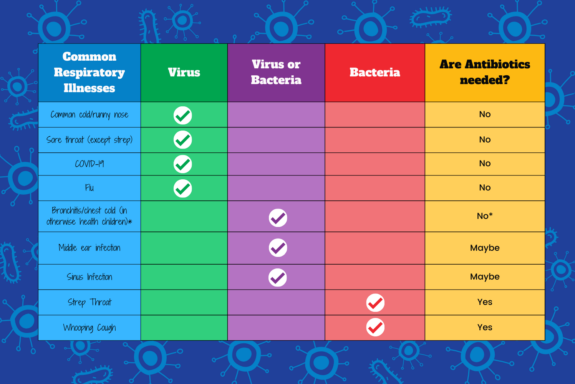
What is it?
Constipation refers to the condition in which a person has difficulty emptying their bowels due to hard feces (poop), or decreased frequency of stool. It is a very common issue in children, and is rarely serious. For the most part, it is easily treated at home.
What are the symptoms?
Your child may experience abdominal pain, usually in the umbilical area that comes and goes, bloating, fullness, straining to pass bowel movements, hard and dry stool and even occasional small amount of blood noticed when wiping or cleaning the bottom. The frequency of stools varies from age to age. On average, infants pass four stools per day, Toddlers two per day and children one per day, therefore anything less than that could be considered constipation. However, we need to be reminded that we are all different and what is normal for one child may be abnormal for another.
How do I take care of it?
Constipation is a condition typically caused by dietary issues. Increasing fluid intake such as water, apple or prune juice, and eating high fiber foods such as vegetables, fruits, and grains) are many times sufficient enough to improve the symptoms. Limiting certain constipating foods such as excessive milk and cheese, fried foods and junk foods, as well as promoting exercise can be very helpful. If the symptoms are more severe, OTC medications such as Miralax and Senna can be tried if directed by your healthcare provider. It should be noted that Xrays and consults with Gastroenterologists are rarely needed in children with constipation.
What should I worry about?
Visit your Medical Provider, local Pediatric Urgent Care or Pediatric Emergency Department if your child has severe or persistent abdominal pain, especially to the lower right side, repeated vomiting, poor appetite, fever, noticeable blood in stool, distension of the abdomen or any thing else that may concern you. At Little Spurs Pediatric Urgent Care we are here to help!
—-
¿Qué es?
El estreñimiento se refiere a la condición en la que una persona tiene dificultad en vaciar sus intestinos debido a heces (excremento) demasiadas duras o disminución de la frecuencia de las heces. Es un problema muy común en los niños, es raro que sea grave y, en la gran mayoría de las veces, se puede tratar fácilmente en el hogar.
¿Cuales son los sintomas?
Su hijo/a puede experimentar dolor abdominal, generalmente en el área umbilical, que va y viene, sentido de llenura, esfuerzo para evacuar, heces duras y secas e incluso pequeña cantidad ocasional de sangre notada al limpiarse el area anal. La frecuencia normal de las heces varía entre una edad a otra. En promedio, los bebés pasan 4 deposiciones por día, los infantes 2 por día y los niños mas grandes 1 por día. Por lo tanto, cualquier cantidad menor que eso podría considerarse estreñimiento. Sin embargo, debemos recordar que cada niño/a son diferentes y que lo que es normal para uno/a puede ser anormal para otro/a.
¿Cómo lo cuido?
El estreñimiento es una condición que, en su mayoría, es causada por problemas dietéticos. El aumentar la ingesta de líquidos como agua, jugo de manzana o ciruela, y comer alimentos ricos en fibra, como verduras, frutas y granos, muchas veces son suficientes para mejorar los síntomas. Limitar ciertos alimentos que estriñen como el exceso de leche y queso, los alimentos fritos y la comida “junk food”, así como promover el ejercicio pueden ser muy útiles. Si los síntomas son más severos, los medicamentos de venta libre como Miralax y Senna pueden ser utilizado si así lo indica su proveedor de atención médica. Cabe señalar que las radiografías y las consultas con gastroenterólogos rara vez son necesarias en niños/as con estreñimiento.
¿De qué debería preocuparme?
Visite a su proveedor de atención médica, clinica de urgencias pediátricas o departamento de emergencias pediátricas si su hijo/a tiene dolor abdominal intenso o persistente, especialmente en la parte inferior derecha, vómitos repetidos, falta de apetito, fiebre, sangre notable en las heces, distensión del abdomen o cualquier otra cosa más que pueda preocuparle. ¡En Little Spurs Pediatric Urgent Care estamos aquí para ayudarle!
Little Spurs Pediatric Urgent Care now offers curbside service and virtual visits. Little Spurs opened in 2006 in San Antonio, Texas. With multiple locations in San Antonio and Dallas, they are open seven days a week with extended evening hours and see walk-in patients or through an online check-in system. They accept most commercial insurance and Medicaid plans. More information about Little Spurs Pediatric Urgent Care can be found at www.littlespurspedi.com.



